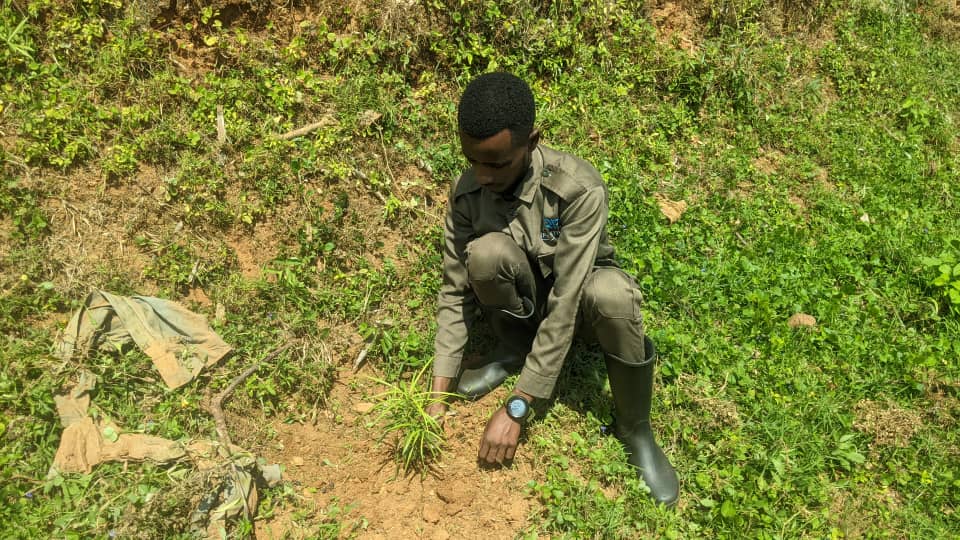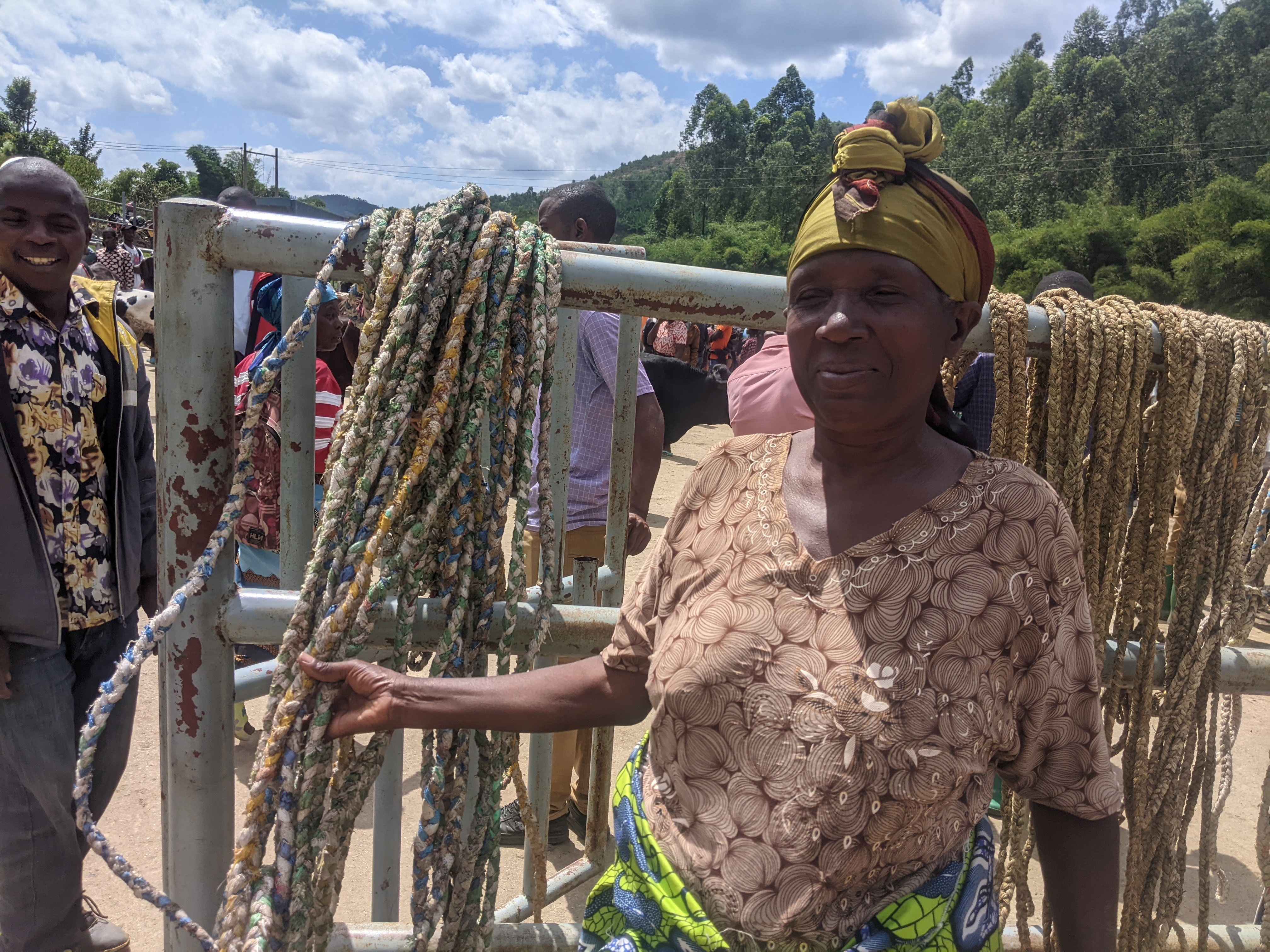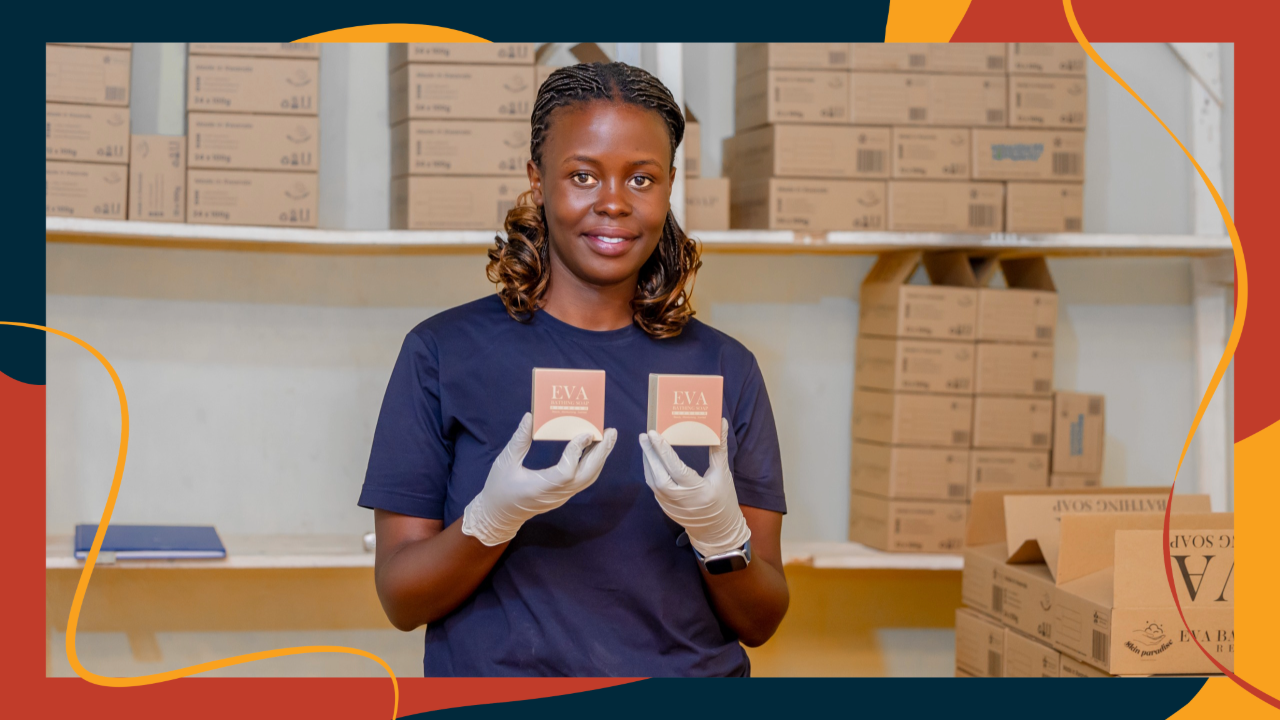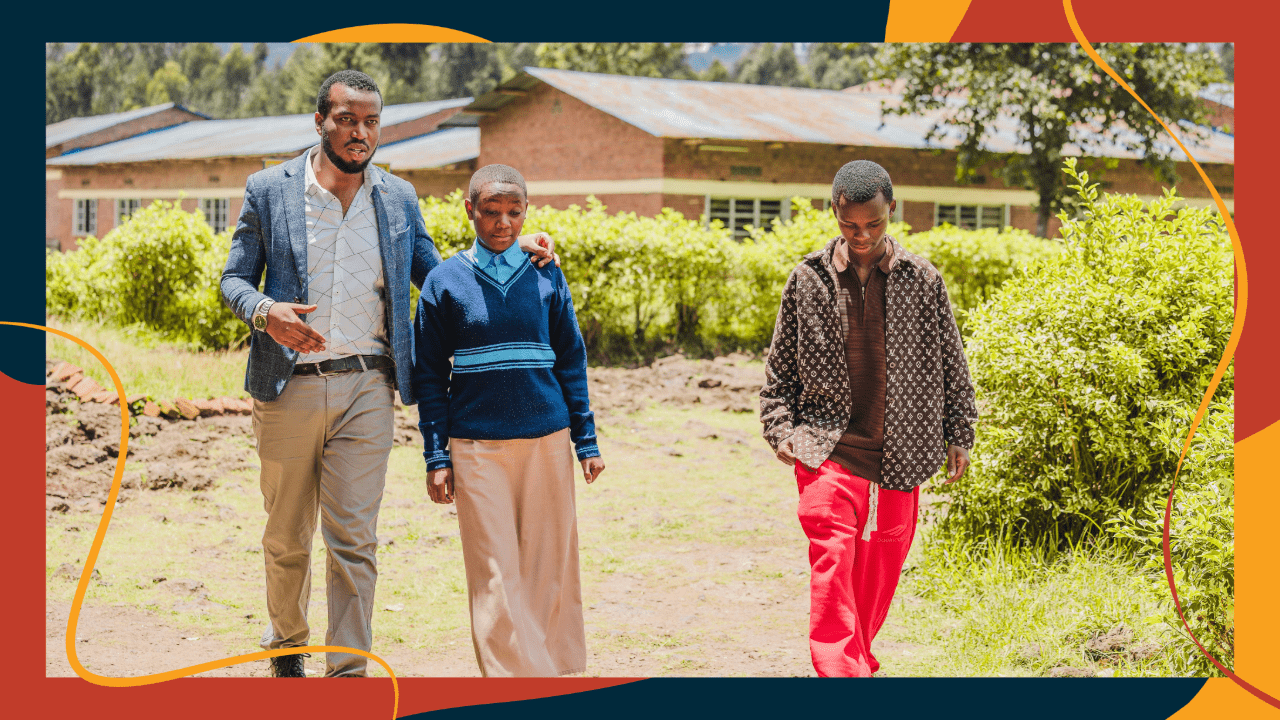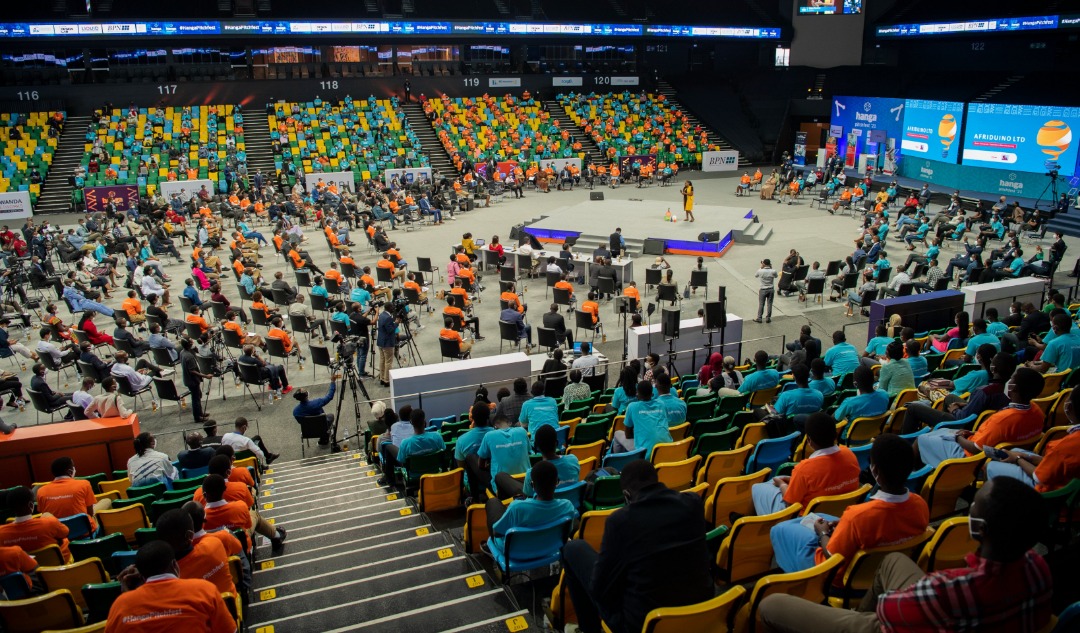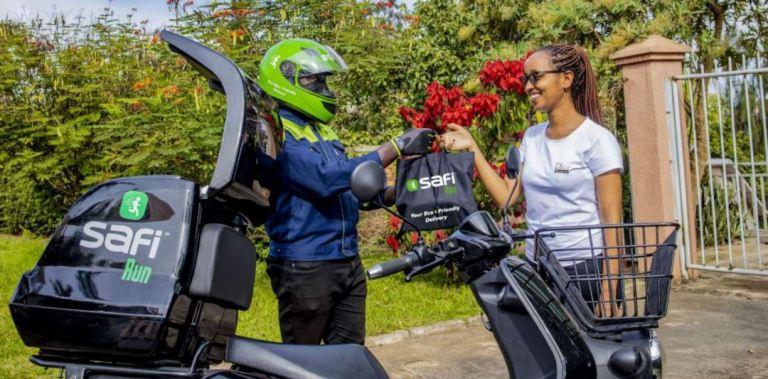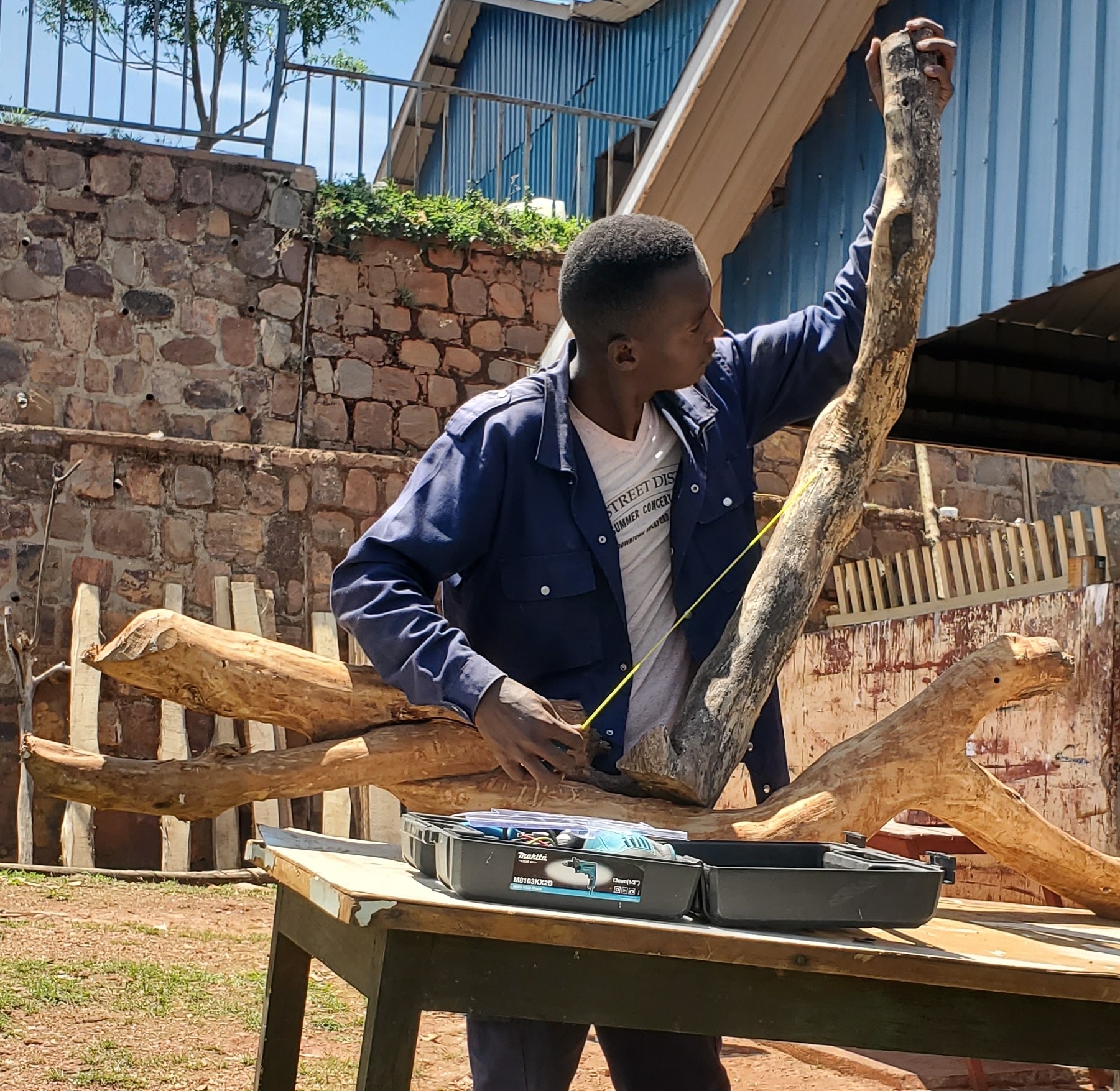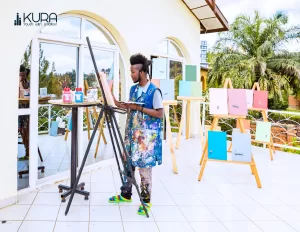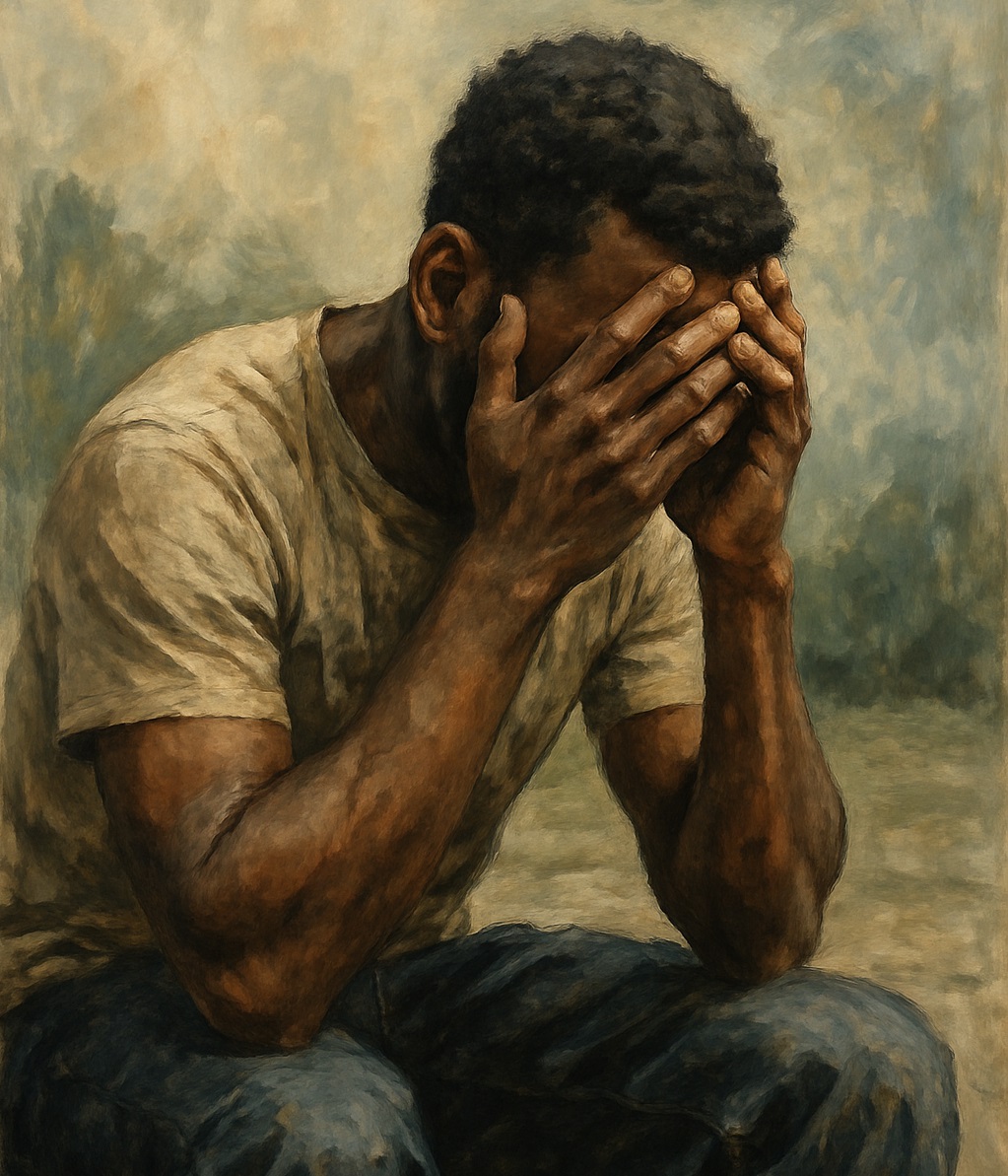Mukamuranga Josephine, a resilient woman from Nyamasheke District in Rwanda, earns a living by weaving ropes (ibiziriko) from discarded plastic sacks. She proudly supports her family through this work and expresses deep concern about young people who avoid manual labor and instead turn to harmful behaviors.
The sacks she uses—originally used for transporting goods—were once a major environmental problem in her community. People either burned them, releasing toxic fumes into the air, or dumped them in fields, where they disrupted agriculture and harmed biodiversity.
Twenty years ago, Mukamuranga’s life changed drastically when her husband passed away. Left to raise her children alone and with no farmland of her own, she faced the terrifying reality of poverty. One day, while visiting the cross-border Rugali market, she noticed two things: livestock buyers struggled to find strong, affordable ropes for tying animals, and plastic sacks were littered everywhere, causing environmental damage. That’s when an idea was born.
“I saw that life was becoming unbearable,” she recalls. “I didn’t have land to cultivate, so I taught myself how to make ropes from plastic sacks.”
She started buying the used sacks at 50 Rwandan francs each. It takes three sacks to make one rope, which she then sells for between 400 and 500 Rwandan francs. On an average day, she makes seven or eight ropes. The income she earns is not wasted—she saves it through local village savings and loan groups, a financial safety net that has helped her meet household needs without begging or depending on anyone.
This work, she says, is what enabled her to raise and educate her children. Her child was never expelled from school due to unpaid fees. She’s able to pay health insurance contributions and contribute to Ejo Heza, Rwanda’s long-term savings scheme. Today, she’s even renovating her home, step by step.
“Weaving ropes gave my child an education,” Mukamuranga says proudly. “They never missed school due to lack of fees. I pay for health insurance, I save for the future, and I’m now improving my house. People must learn to find honest ways of surviving—begging and prostitution should not be the answer.”
Her work has even earned praise from others in her community. Nsengumuremyi Jacques, a farmer and livestock keeper from the same district, commended her creativity and contribution to agriculture.
“Before, people used to throw these plastic sacks into banana plantations,” he said. “You’d go to cultivate and find them buried in the soil. The damage was real—they caused banana roots to grow poorly, and the trees would dry up.”
Mukamuranga Josephine’s story is a quiet revolution. Through simple innovation, she has addressed both poverty and environmental harm, all while restoring her dignity and inspiring others. Her message is clear: no job is beneath anyone, and survival does not have to come at the cost of one’s values.

